The Hagenbuchs and The Grange
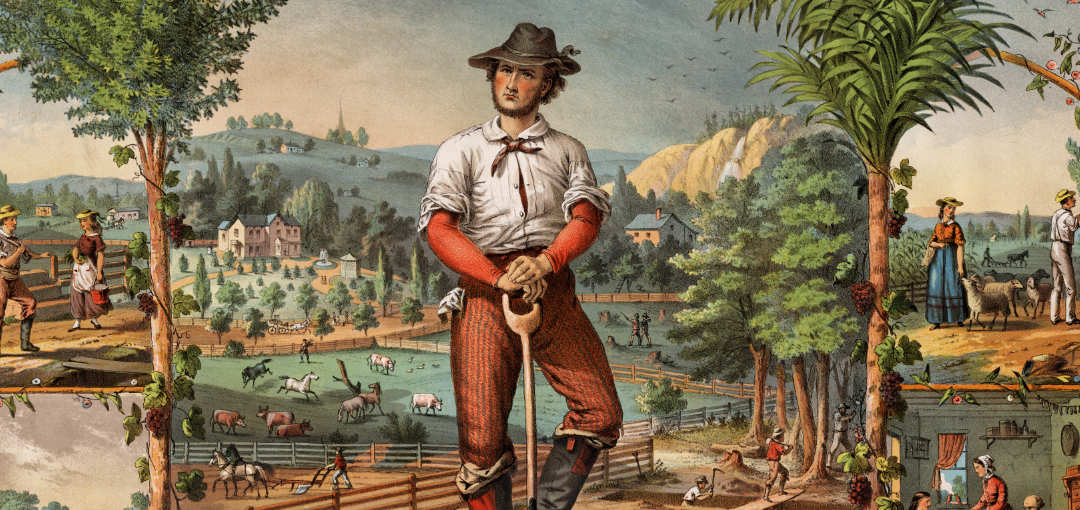
I have mentioned in a few, previous articles that I was familiar with the Grange organization when I was growing up. A few weeks ago, Linda and I were visiting our daughter, Julie, her husband, Eddy, and our newest grandchild—a beautiful little girl who has been named Josefina. Julie had a large booklet she had purchased at a sale; it is entitled Through Seventy-Five Years With Pomona Grange, Upper Northumberland, Montour & Union Counties 1877–1952. Julie purchased it because a photo of Ellen Hagenbuch (b. 1926) appears in the booklet. Ellen was one of my father’s sisters.
The Order of the Patrons of Husbandry or simply The Grange (a French term for “grain” and “farmer”) was founded in 1867. Its goal is to advance methods of agriculture, as well as to promote the social and economic needs of farmers in the United States. It was similar to a union and was paramount for farmers at that time so they would have strength in numbers. Grange Halls sprang up all over the United States.
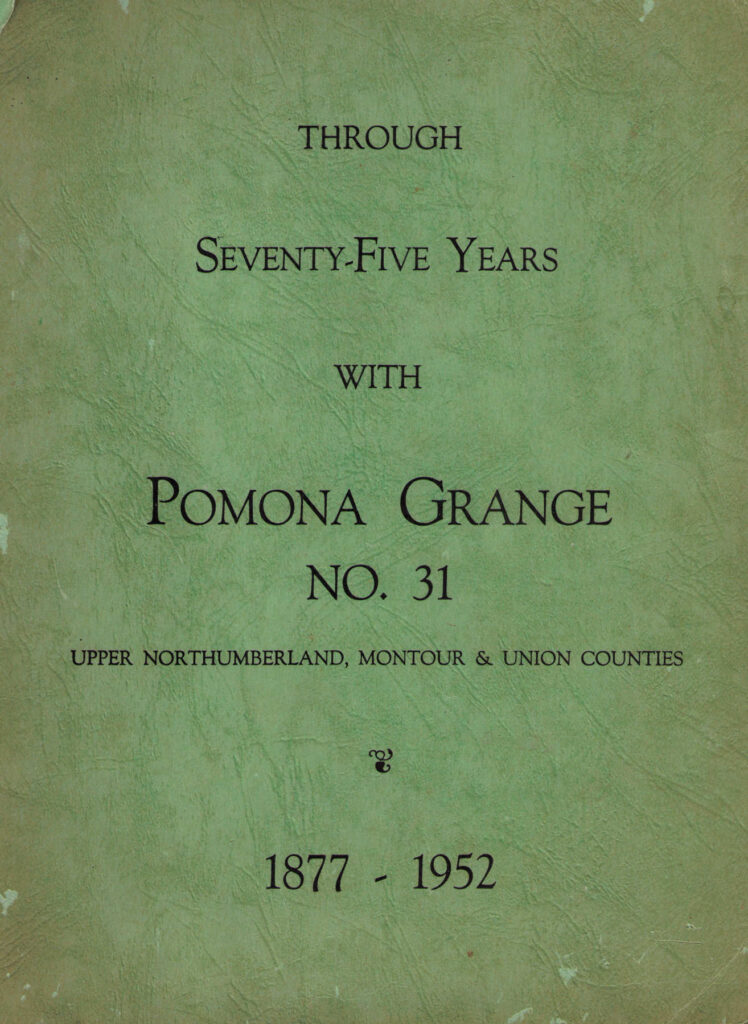
Cover of the booklet “Through Seventy-Five Years With Pomona Grange, Upper Northumberland, Montour & Union Counties 1877–1952”
Being a predominantly farming family, the Hagenbuchs of Montour County, PA—where I grew up—were involved in California Grange #941 and were members of an alliance of Granges: Pomona #31. California Grange is now in an alliance with four granges in Lycoming County, PA, and the alliance is designated as Pomona #28.
The Grange building was located beside the California (Limestone) Elementary School where I attended first through sixth grades. Since it was an important part of our farming life when I grew up and since Julie found the booklet, I thought it important to give some information about the Grange organization, especially California Grange. (Yes, the name can confuse those who are not local to Montour County. The naming of California for that locale may have something to do with the 1849 gold rush or a resident in the 1800s who was enamored with California when it became a state in 1850.)
The Grange Hall was two stories, meetings were once a month, and the downstairs was used by all attendees, especially children. The upstairs was where the closed meeting for adults was held. Since the history of the Grange involved a union type organization, efforts were made to make sure that the meetings were only attended by members in good standing. I remember my father was an elected “gatekeeper” who stood at the top of the stairs of the second story and made sure only members were let in. While that meeting was being held, we children were downstairs with some snacks and games. In a previous article, I mentioned how my father’s first cousin, Bernice (Hagenbuch) Bogart, was the “baby sitter,” and I have fond memories of her playing games with we young ones.
The Grange was highly organized as evidenced by the information in the booklet Julie found. It was one of the first organizations to put women on an even standing as men; they were elected to offices and served the Grange in the same capacity as their male counterparts. This is an important concept because when growing up, I knew my mother was just as important as my father to keep our farm running smoothly.
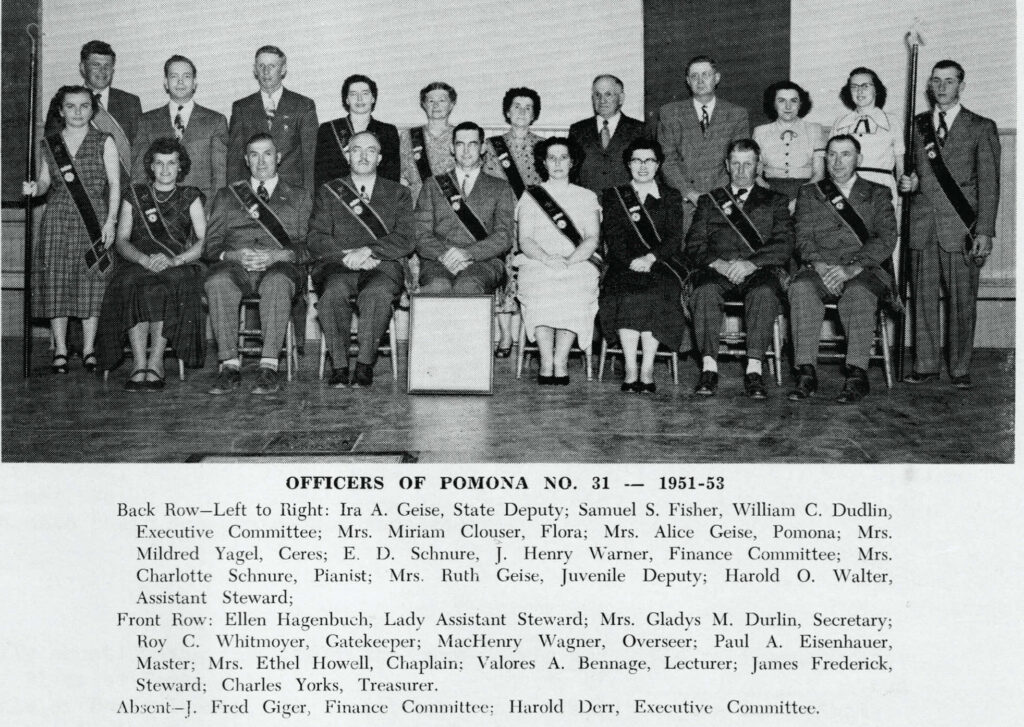
Officers of the Pomona Grange, an organization of local granges, in 1952. Ellen L. Hagenbuch is in the front on the left. She is Lady Steward for Pomona Grange. Notice that her sash and staff denote her office.
I checked with my cousins who live near California Grange—Kathleen (Robb) Shuler and Leon Hagenbuch—and I was amazed that California Grange #941 is still very active. Kathleen had me call Bob Fry who is very involved in Grange. Bob first told me that California Grange is the only Grange still active in Montour, Columbia, Snyder and Union Counties! The building that I knew so well as a boy was replaced in the early 1980s by a modern building.
At one time, the Grange was instrumental in helping farmers get better prices for seeds and fertilizer. Today, the Grange isn’t only concerned with farming issues but is also involved with issues that affect everyone living in rural areas. Bob told me that presently the California Grange is influencing the Pennsylvania State Grange association to get broadband internet service to certain rural areas where it is not present.
I asked my sister Barb and my brothers Bob and Dave what they remember about the Grange when our parents were involved in the late 1940s to mid-1960s. We all seemed to remember that the children were entertained on the first floor, while the adults had their meeting upstairs. There were some rituals as Barb and Bob (being older) remembered were used in the closed meeting upstairs in the Grange Hall. We all remembered that the gatherings, along with attending church, were the lifeblood of the farming community. Every year an oyster supper would be held, Santa Claus would arrive for the Grange children, and the largest gathering was probably during the Grange festival held in the summer.
The festival was very similar to the church, town, and county festivals that were also held during the summers too. Families could plan their Saturdays by attending a different festival each week. The foods were all about the same: soups, hot dogs, hamburg BBQ, pies, a candy area, and Catawissa Bottling Company soft drinks (sodas). We remembered that the entertainment at the California Grange festival was similar each year—local farmer Joe “Smokey” Murray had a country/cowboy band that would play on a flat hay wagon. According to Bob Fry, Smokey who is 90 years old, is still an important member of the Grange!
The Grange was an organization that seems to have been predominantly mid-western, but also in the middle Atlantic states like Pennsylvania and in New England. I recalled Enoch Hagenbuch (b. 1814, d. 1895) calling himself a “granger” in his autobiography. Was he a member of the local Grange when he lived in Illinois or was he using the term to mean he was a farmer? I believe he may have been a member in Waltham Township, LaSalle County, Illinois where he last farmed and died. That area is still farmed by Albert (b. 1947) and Eileen (Bertling) Hagenbuch. Albert is a descendant of Enoch’s brother, Charles (b. 1819) and Julia (Fosselman) Hagenbuch. I contacted Eileen and asked if she and Albert were Grangers; and if Albert’s parents, Charles (b. 1913) and Ethel (Davis) Hagenbuch had been Grangers. This was her reply:
Mother and Dad [Charles and Ethel] were very active members of the Waltham Grange, both getting their 50 year membership certificates and beyond. Albert also was a 50 year member and beyond. Waltham Grange was started in 1873 and they celebrated the centennial shortly after we were married. The grange disbanded, and sold the building in the early 2000’s. Some of the members joined the Grange in Troy Grove, but we didn’t. All four of us held several different offices. Charles and Albert both served as Master several times. Albert and I represented the Illinois State Grange at Ag Day at the Illinois State Fair in 1991.
Not only were my Montour County Hagenbuchs Grangers but our cousins in Illinois were too. I expect that other Hagenbuch farmers from more areas of the country were active in the Grange as well. Although this Grange information is such a small slice of our family’s story, it once again shows us how important our cultural history is. Just as the church was, and in most instances is still an important part of our ancestors’ lives, so was the Grange.
Like our Illinois cousins, our farming days were spent with a lot of hard work from sunup to sundown (and sometimes through the night!). But, the agricultural aspect of our lives was broken up with social activities which were paramount to living a full life. Along with Saturday night square dancing in the winter months, church functions throughout the year, and visiting relatives and friends on Sunday afternoons, we had Grange affairs to keep our agricultural community tight and working together.
I’m sure my Aunt Ellen would never believe that one photo of her in 1952 as the lady steward of California Grange #941 would lead into a history of our family and the Grange. The motto of the Grange continues to be important to the rural folks who work together and spend leisure activities with each other, just as it did for farmers in the first 100 years of its existence. The Grange motto is as follows: “In essentials, unity; in non-essentials, liberty; in all things, charity.” This not only serves as a Grange motto, but should serve as the motto of families, like ours, who seek out their history to preserve their heritage.

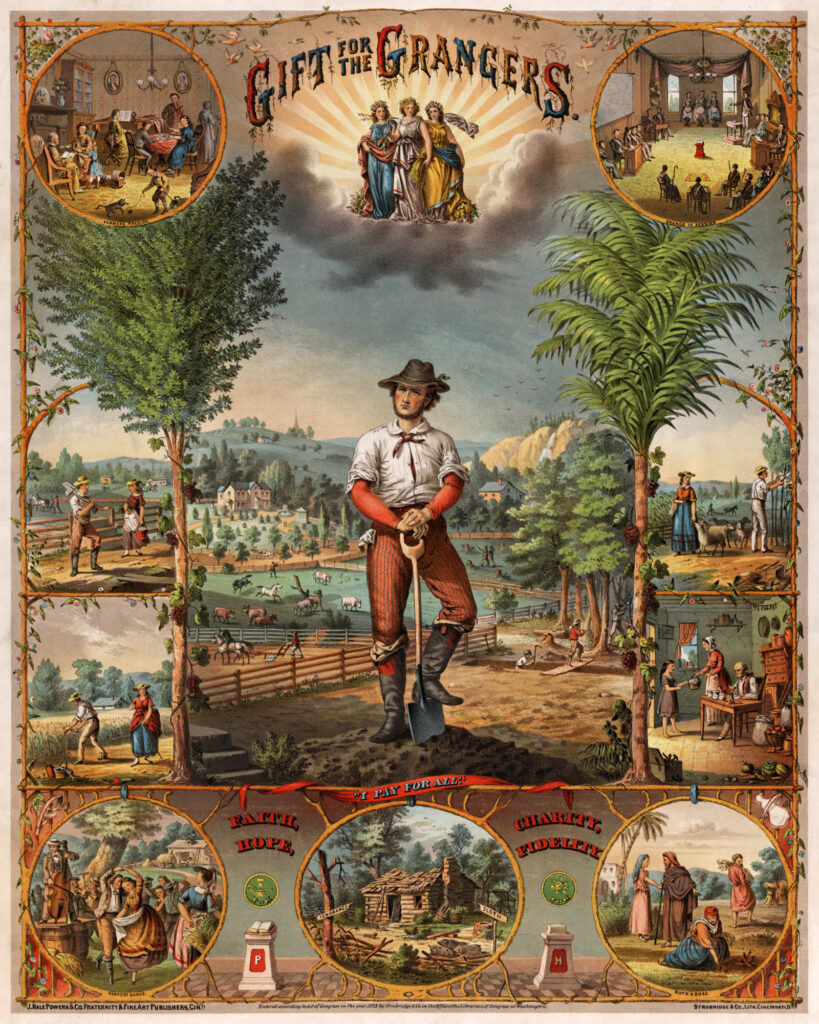
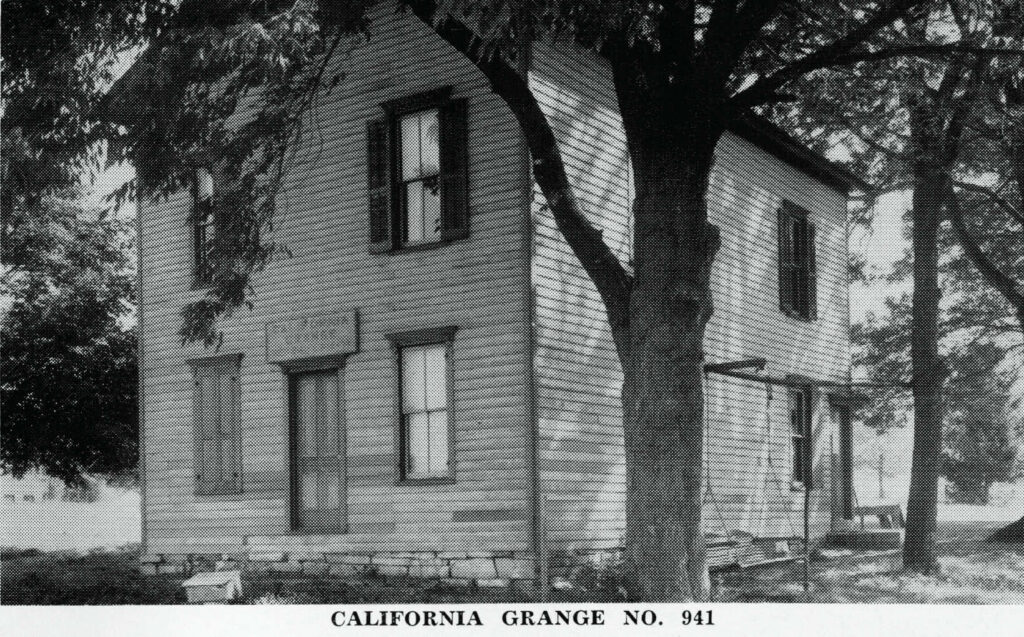
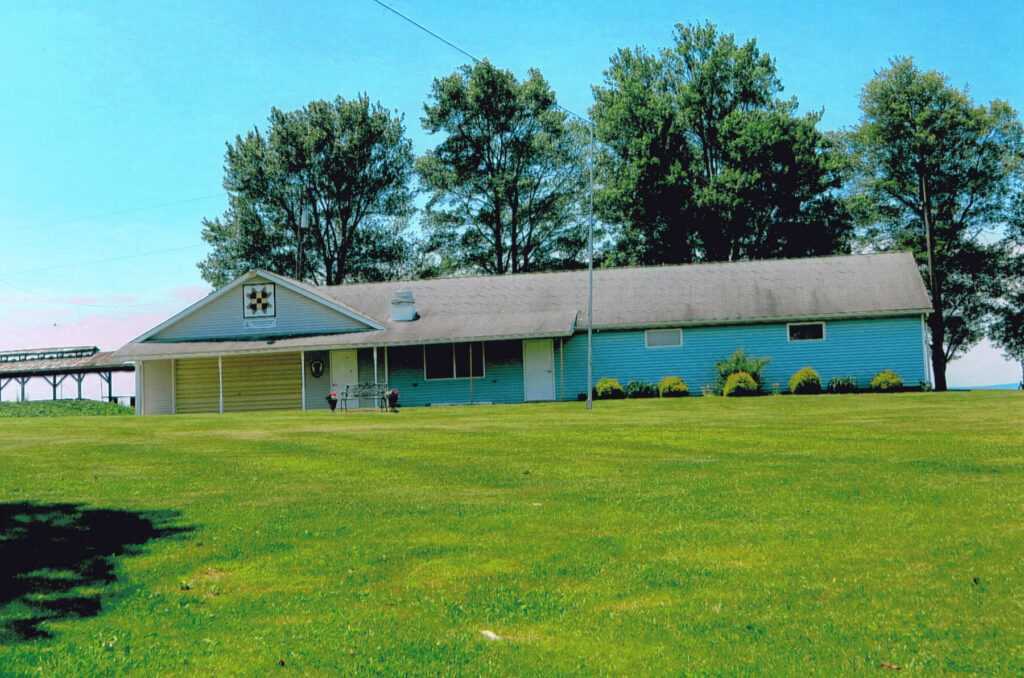
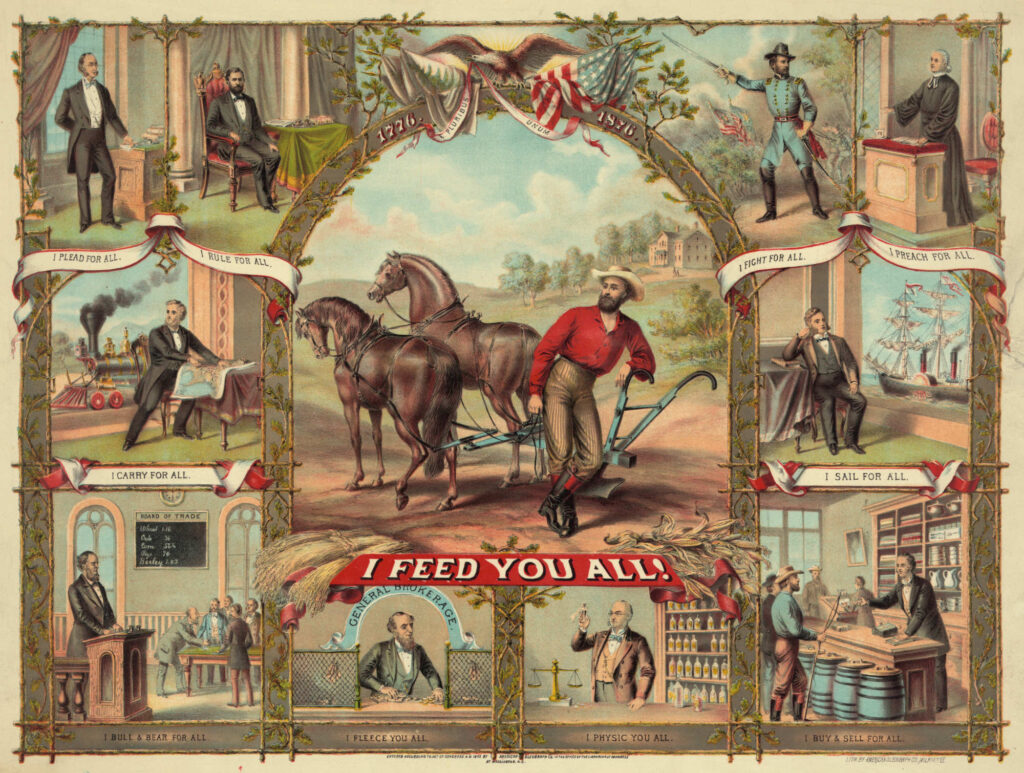
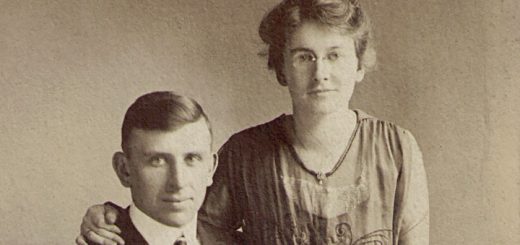
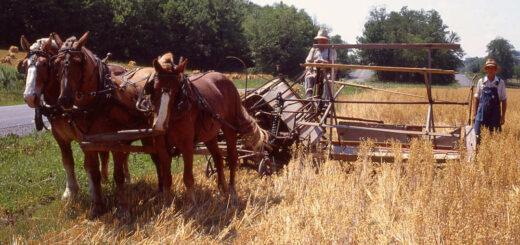
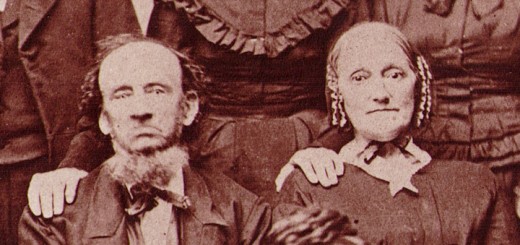









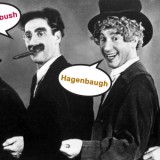
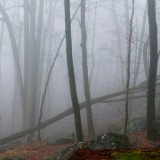


Great story telling, Mark! I am currently a member of California Grange #941 and was pleased to see it featured on your web site. We host a Community History Day in July and we enjoy hearing about local history in a History Circle where local citizens are encouraged to share their stories. Nice work!
This is a fun article Mark. My parents were not part of Grange, but my grandparents would take us occasionally. Once a year they had a competition and Grandpa would help us select the best ears of corn and soybean plants from his fields. I remember the fun of winning small prizes due to Grandpa Charles helping us enter the best items.